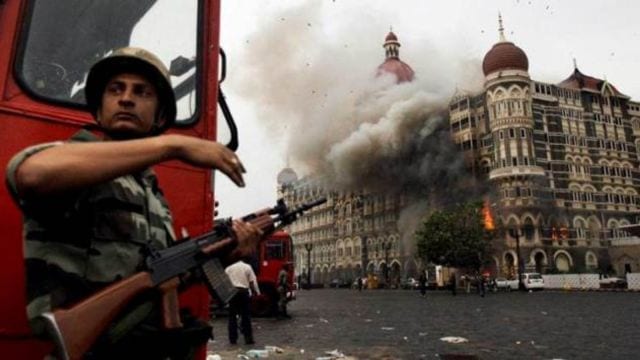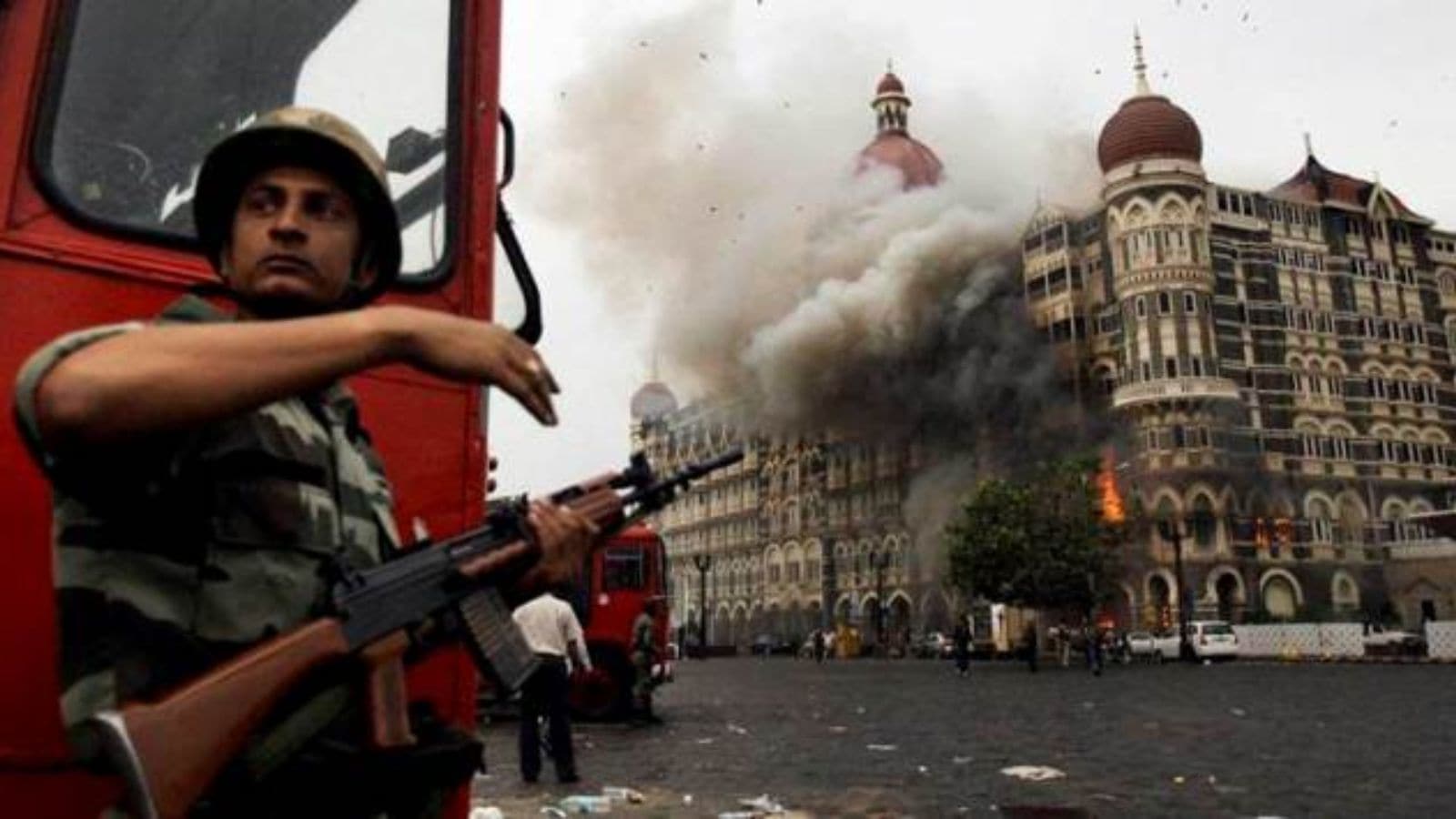Opinion by Anju Gupta
There is a compelling case for the global community to expose and disrupt all such networks to prevent future attacks. Only in-depth and sustained counter-terrorism cooperation between India and global partners can disrupt these invisible networks


Feb 21, 2025 12:15 IST First published on: Feb 21, 2025 at 12:15 IST
The October 2009 arrests of two individuals of Pakistani origin — David Coleman Headley, also known as Daood Gilani, a US citizen, and Tahawwur Hussain Rana, a naturalised Canadian citizen — by US officials unravelled key strands of global terror networks rooted in Pakistan and the Af-Pak border region. The roles of these two, alongside senior leaders of Pakistan-based Al-Qaeda and its affiliates, Lashkar-e-Taiba (LeT) and Harkat-ul-Jihadi Islami (HUJI), under the direction of the Pakistani deep state, were clearly exposed in the chilling testimonies of Headley, who became an “accused turned approver” before US and Indian courts.
For India, key members of this network were responsible for the deadly Mumbai attacks from November 26-28, 2008, as well as for planning the terror attacks across Delhi and Mumbai between 2006 and 2009. The hard evidence presented by US prosecutors has resulted in a 35-year prison sentence for Headley and 14 years for Rana. Headley, who pleaded guilty, is serving his sentence, while Rana, who did not plead guilty, has completed his 14-year sentence in the US. Rana’s extradition to India has been approved by US courts. It is unlikely that Rana will plead guilty before Indian courts. However, his trials could potentially foster an informed public discourse on the threats posed by Pakistan-based global networks, not only to India but to the global community.
Story continues below this ad
Following the 9/11 attacks in the US, Pakistan became a reluctant ally in the US’s “war on terror” in the region. Having cultivated Al-Qaeda-led and supported terrorist and extremist networks across the region for decades, the Pakistani deep state, unsurprisingly, did not sever those ties. There is widespread knowledge that, while acting against select targets for US reward money, the deep state continued to strengthen proxies to undermine the “war on terror” in the region and beyond. The network aligned with Headley and Rana is a prime example of Pakistan’s duplicity as a counter-terrorism ally.
Headley, a drug smuggler who became an agent for the US Drug Enforcement Agency, thereby avoiding closer scrutiny, connected with Al-Qaeda, Lashkar-e-Taiba, and Pakistani army officers in the Af-Pak region around 2000, all working in tandem. Their targets included Western and Jewish individuals and locations in Pakistan, India, Europe, and the US. Using a US passport and traveling freely as a Westerner attempting to establish international branches of a business run by Rana, Headley visited India and Denmark even after the 2008 Mumbai attacks. In Denmark, the plan included Mumbai-style attacks to avenge the publication of cartoons depicting Prophet Muhammad. Western media extensively reported the details of the plans in Europe, involving sleeper cells cultivated across the US, the UK, Sweden, France, Germany, and Denmark.
In his testimonies and other evidence provided to US prosecutors, Headley identified Ilyas Kashmiri, a former Pakistani army commando, as Al-Qaeda’s kingpin for external operations against the West, among other senior terrorist leaders. In January 2010, a US federal jury indicted Kashmiri for offences related to planning the attack in Denmark. Subsequently, the US State Department declared him as a Specially Designated Global Terrorist in August. Notably, the reward for information leading to Kashmiri’s location was increased to $5 million in April 2011, and he was killed in a US drone strike in South Waziristan, Pakistan, in June 2011. It cannot be confirmed whether Headley’s cooperation with officials, as agreed to in his guilty plea, led to Kashmiri’s targeting. However, Headley likely provided valuable information on the matter.
Story continues below this ad
It is important to recognise that other individuals within this network may have roles that remain undiscovered in investigations across the US, India, and Europe. There is substantial reason to believe that the network contains additional nodes, possibly operating independently. For example, over a year after Headley’s arrest, his plan was being replicated by four ethnic North African operatives based in Sweden, holding citizenships or resident permits of Sweden or Denmark. Mounir Dhahri, Sahbi Zalouti, Munir Awad, and Omar Abdalla were arrested while on their way to carry out Mumbai-style attacks on the Jyllands-Posten newspaper, which had published the Prophet’s cartoons. Media has reported on the training and connections of some of these operatives in Pakistan and, at least, one common contact with Headley.
most read
There is a compelling case for the global community to fully expose and disrupt all such networks operating from Pakistan to prevent future attacks. The Financial Action Task Force’s sanction regime against Pakistan elicited some cooperation from the Pakistani deep state concerning the network involving Headley. However, recent attacks in Jammu and Kashmir demonstrate that the Pakistani deep state has not abandoned its terror projects. While such networks may be more readily visible in India, their clandestine planning against other countries or targets in the region will be difficult to detect before damage is inflicted. Therefore, only in-depth and sustained counter-terrorism cooperation between India and global partners can disrupt these invisible networks. Further, only shared threat perceptions, uninfluenced by geopolitical dynamics, can sustain such partnerships.
The writer is a security analyst and former Director General of Police
© The Indian Express Pvt Ltd



